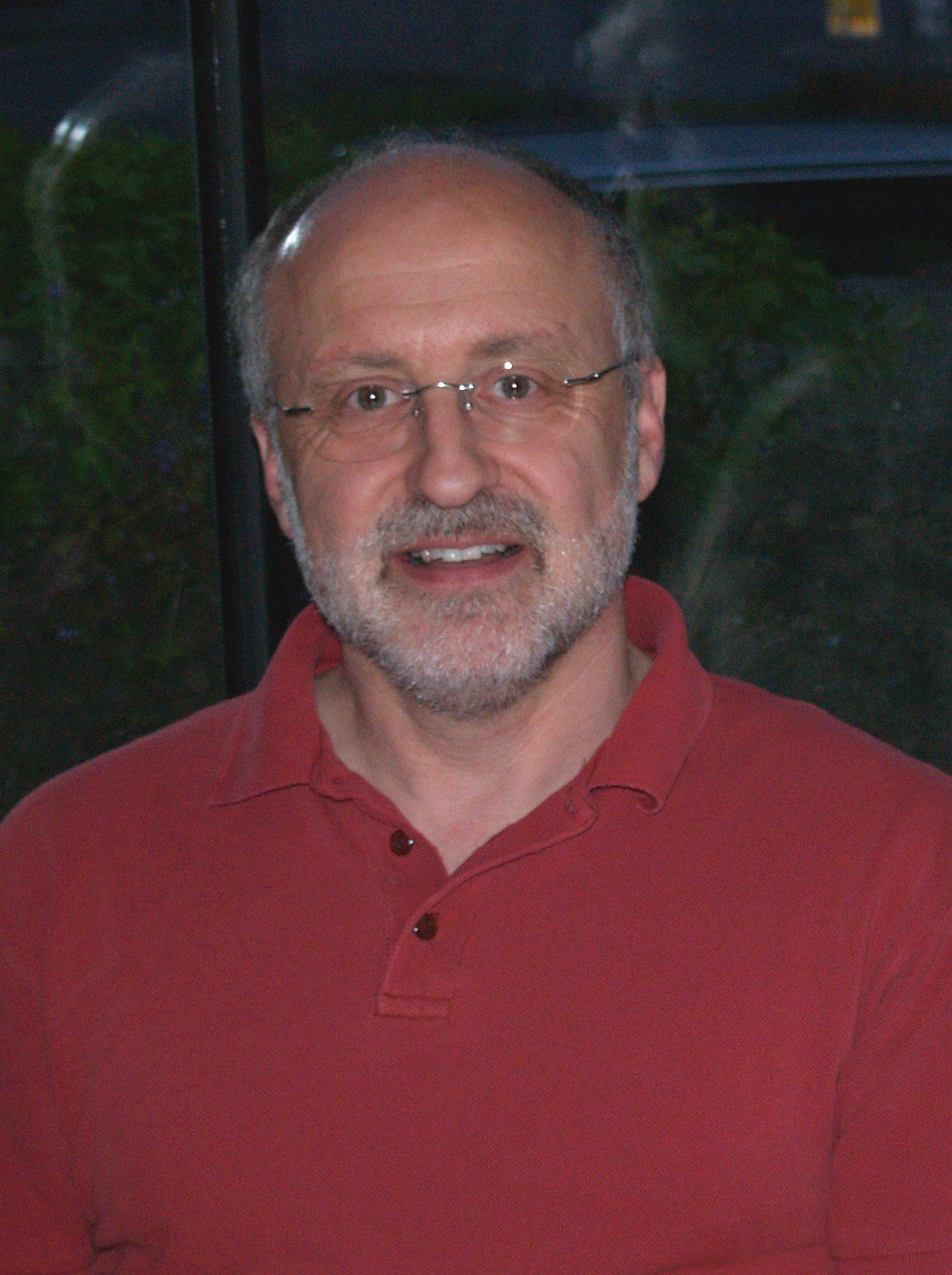Researchers at a north-east university who have been studying the human brain have made a potentially life-saving discovery.
The team at Aberdeen University have been exploring the nerve endings which report touch and movement to the brain.
Sensing movement and touch plays a vital role in our day-to-day lives, but these senses are often forgotten about – until something goes wrong.
In particular, detecting movement helps hearing, balance and even blood pressure.
Researchers say that of all the senses, touch and movement are the least understood.
Now scientists from Aberdeen and Columbia University in New York have discovered a protein called whirlin – which helps avoid a genetic deafness in children called Usher’s Syndrome – is also present in the nerve endings which detect movement.
If whirlin is not present in the nerve endings, it damages our ability to feel limbs and muscles moving.
The research team hope that by using whirlin as a “sticky” hook to find the movement detector molecule, a breakthrough could be made in developing treatments for not only Usher’s Syndrome, but also high blood pressure.
The study builds on previous research carried out by Dr Guy Bewick, from Aberdeen University’s Institute of Medical Sciences, which found that the sensitivity of the nerve endings was controlled by a powerful signal, like a volume control.
Dr Bewick, who led the research along with Dr Joriene de Nooij and Professor Tom Jessell from Columbia University’s neuroscience lab, said: “We are developing ways to target this ‘volume control’ with drugs as this can be useful for treating several conditions, including spasticity after brain and spinal cord injury.
“Also, we know that making stretch-sensitive endings in our arteries that detect blood pressure more sensitive can bring our blood pressure down.
“If we can find drugs to turn up the volume control, making the stretch-detectors more sensitive, the body will be much better able to turn the blood pressure down, even in people resistant to current high blood pressure drugs.
“Since hypertension is the major cause of heart disease, stroke and kidney failure, and common treatments are often not effective enough, developing new drugs could potentially save many lives.”
